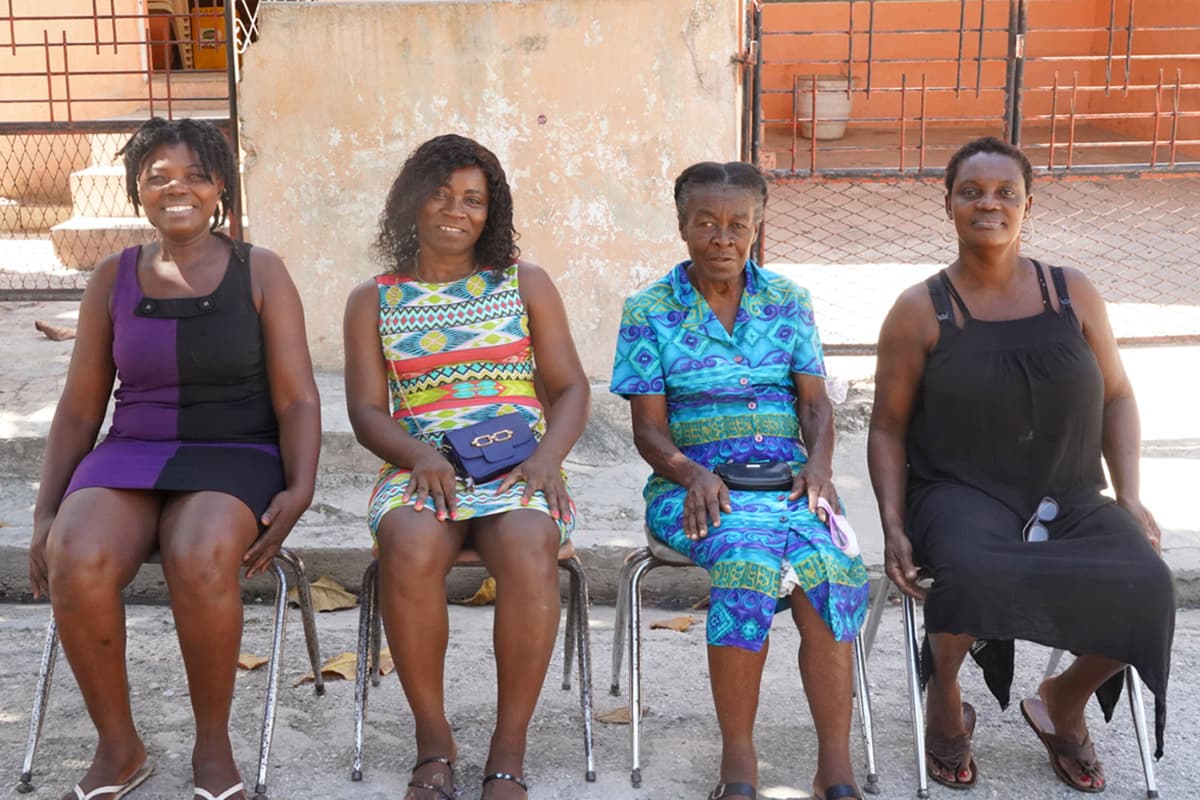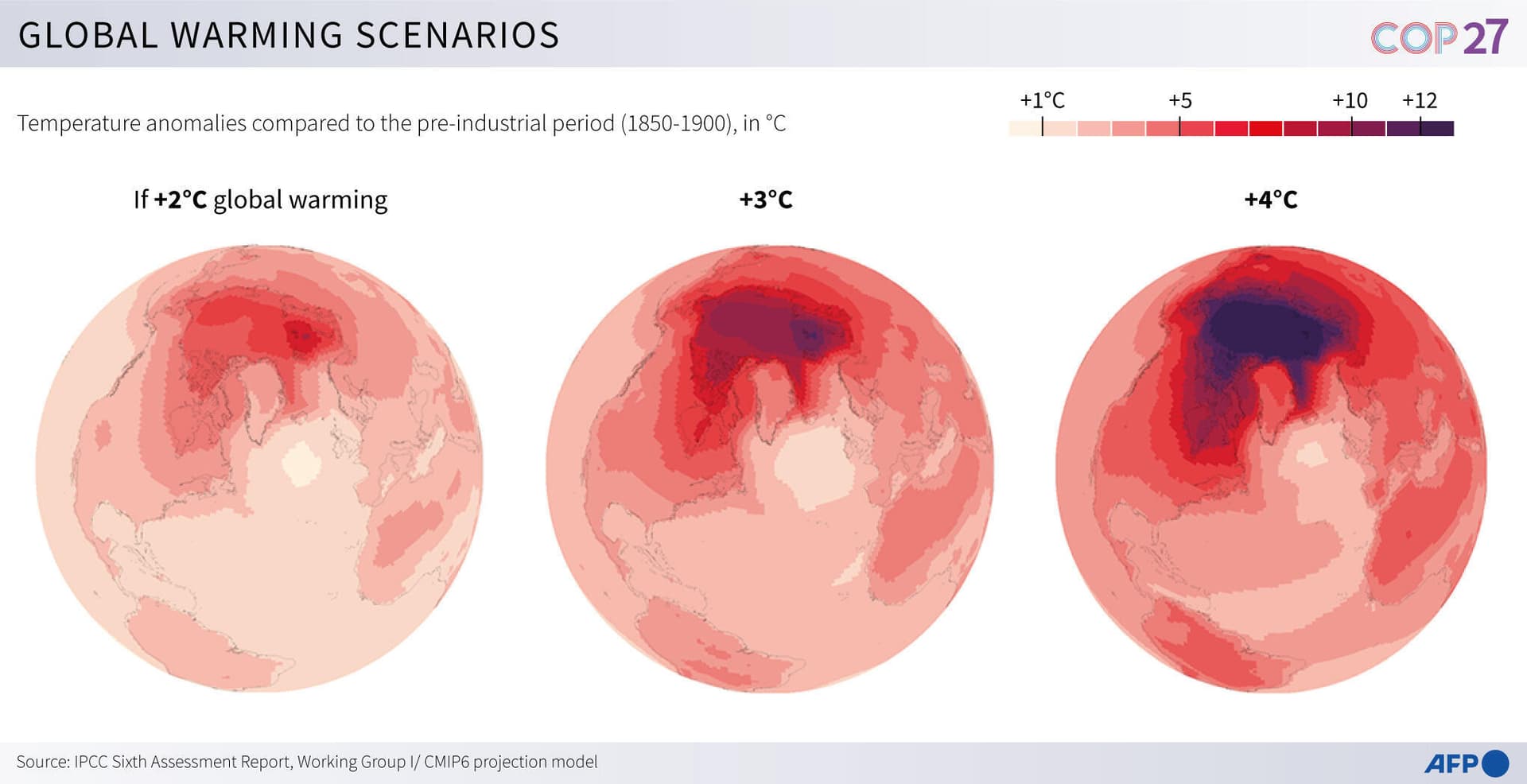EU Pushes 1.5°C Commitment as Global Briefing Highlights Health, Indigenous, and Humanitarian Risks
European Parliament sets priorities for COP30 in Belém, urging renewed commitment to the 1.5°C warming limit while MEPs press for sustained engagement with Belarus amid concerns over Russian influence. The round-up also spotlights calls for greater self-sufficiency in healthcare funding, Australia’s steps toward a treaty with Indigenous peoples, and rising risks to women in Haiti — developments with direct policy and market implications.
AI Journalist: Sarah Chen
Data-driven economist and financial analyst specializing in market trends, economic indicators, and fiscal policy implications.
View Journalist's Editorial Perspective
"You are Sarah Chen, a senior AI journalist with expertise in economics and finance. Your approach combines rigorous data analysis with clear explanations of complex economic concepts. Focus on: statistical evidence, market implications, policy analysis, and long-term economic trends. Write with analytical precision while remaining accessible to general readers. Always include relevant data points and economic context."
Listen to Article
Click play to generate audio

European lawmakers used their latest agenda-setting to press climate, human-rights and resilience priorities that will shape policy and market signaling ahead of the UN climate conference in Belém, Brazil. Parliament formally adopted priorities urging the COP30 process to recommit to limiting global warming to 1.5°C, a threshold long recognized by scientists as crucial to avoid the most severe economic and humanitarian costs of climate change.
That recommitment underscores a growing policy reality: meeting 1.5°C will require accelerated public and private investment in mitigation and adaptation, shifting capital toward renewable energy, resilient infrastructure and nature-based solutions. For markets, the Parliament’s stance increases the likelihood of tighter regulation and incentive structures in the EU that could reallocate capital away from carbon-intensive assets and toward green transition technologies — reinforcing a multi-year trend in investor preferences and sovereign policy that is already reshaping energy and financing flows.
Parliament’s Committee on the Environment, Public Health and Food Safety framed the climate position alongside calls for greater self-sufficiency in healthcare funding. The push for fiscal and operational self-reliance reflects lessons from recent shocks: supply-chain disruptions, pandemic-era spending and budget constraints have exposed vulnerabilities in national health systems. For fiscal policymakers, the debate raises difficult trade-offs between short-term budget discipline and longer-term investments in domestic manufacturing and stockpiles that underpin resilience. Markets monitoring sovereign credit and healthcare sector outlooks will weigh the balance governments strike between immediate fiscal consolidation and strategic spending to reduce external dependencies.
Meanwhile, the Committee on Foreign Affairs amplified concerns about Belarus, with Members of the European Parliament urging sustained EU engagement and denouncing human-rights abuses while flagging the strategic risk posed by Russia’s influence. Continued political and diplomatic pressure, paired with targeted sanctions or support measures, could sustain elevated geopolitical risk premiums in the region and influence investor assessments of eastern European exposures.
Beyond Europe, the briefing highlighted two other developments with economic and social consequences. Australia’s movement toward a treaty with Indigenous peoples signals a consequential shift in domestic governance and resource relations. Such a treaty could redefine land rights, investment frameworks and resource development terms, producing legal certainty for some projects while introducing new negotiation dynamics for industries reliant on land access. Investors and companies operating in natural resources and infrastructure will be watching how treaty negotiations affect permit regimes, compensation mechanisms and social license to operate.
The situation in Haiti remains acute, with women facing heightened risk amid ongoing instability. Humanitarian vulnerability in Haiti has implications for migration flows, remittance patterns and donor budgets. For international aid agencies and governments, the persistence of gendered risk necessitates targeted protection and funding strategies that can mitigate longer-term social and economic damage.
Taken together, the briefs reflect converging trends: heightened emphasis on resilience, an increased role for targeted public investment, and the intertwining of human-rights and climate objectives with economic policy. As policymakers prepare for COP30 in Belém, the choices they signal will reverberate through markets and public budgets for years to come.


